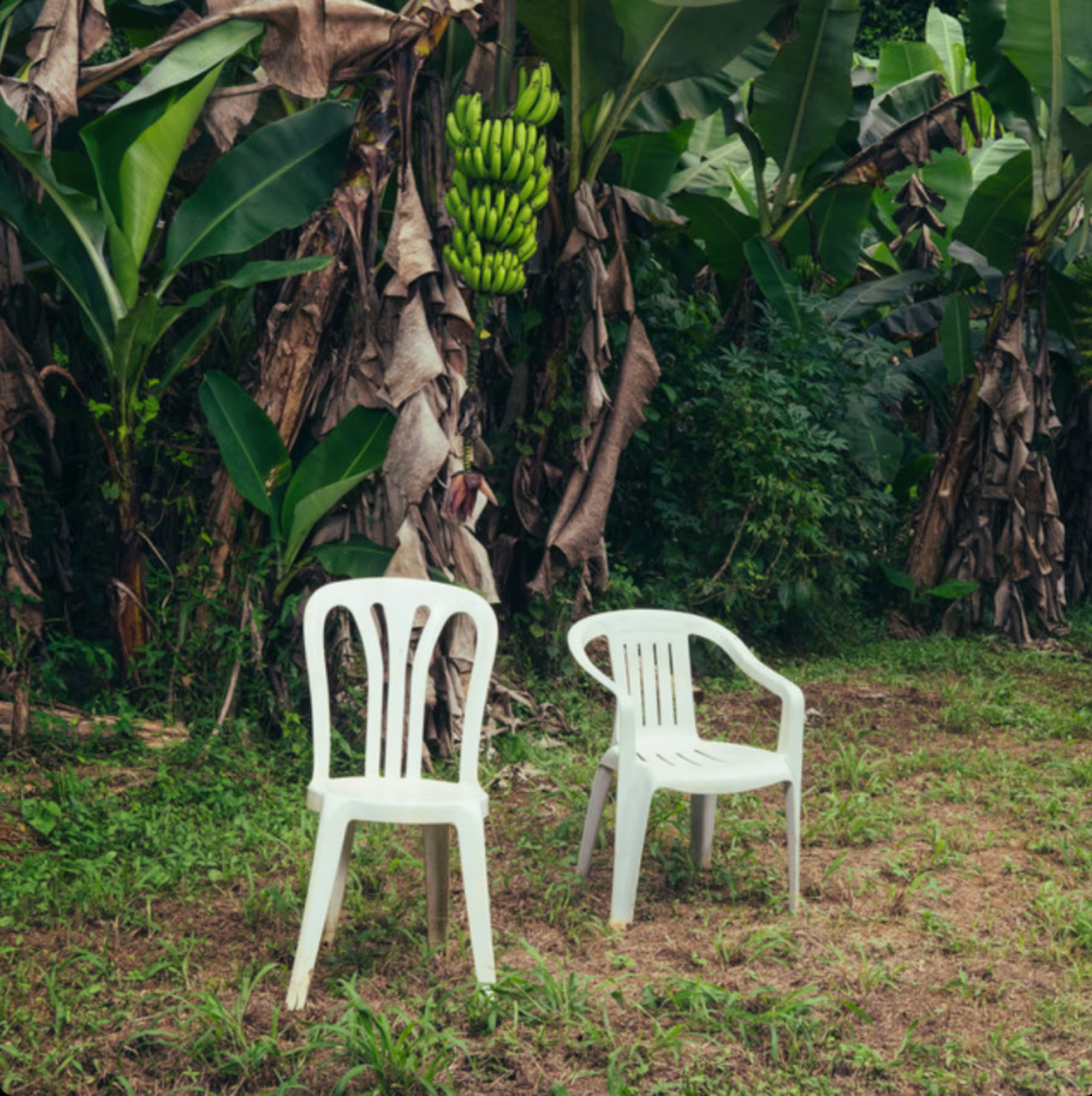If you're learning Spanish, one of the first phrases you need to know is how to say "how are you" in Spanish. It's an essential expression used in daily conversations across Spain and Latin America. Whether you're greeting a friend, family member, or even a stranger, knowing how to ask this question will help you connect with others and engage in conversations. So, how do we say "how are you in Spanish"? Let’s explore the different ways!

Why is "how are you" so important in Spanish?
The phrase "how are you" in Spanish translates directly as "¿cómo estás?" and is used constantly in Spain. It's not just a way to start a conversation but also a way to show genuine interest in someone else's well-being. Spanish speakers tend to be very warm and friendly, so asking someone how they are is a great way to break the ice and get a conversation started. 🙌
In Spain and other Spanish-speaking countries, we often ask "¿cómo estás?" not just to know how someone is feeling at the moment, but also to check in on their overall life. It’s an invitation to share how things are going at work, with family, or in their personal life. While a simple "Hola" ("Hello") or "Buenos días" ("Good Morning") works as a greeting, "how are you" in Spanish adds a more personal touch to the conversation.
Now that you know why it's so important, let's dive into the best ways to say "how are you" in Spanish.
1. ¿Cómo estás?
The most common way to say "how are you in Spanish" is "¿cómo estás?". This phrase is widely known and used, and you’ll hear it all the time when you visit Spain or any Spanish-speaking country. It’s the most direct translation of "how are you" and is appropriate in both formal and informal settings.
Here’s how you can use it in everyday conversation:
- ¿Cómo estás? - How are you?
- ¿Cómo está tu hermano? - How is your brother?
- ¿Cómo está tu perro? - How is your dog?
- ¿Cómo está tu madre? - How is your mother?
If you're addressing more than one person, use ¿cómo estáis? for the plural form. This phrase is perfect for almost any situation, whether you're talking to a friend, family member, or someone you’ve just met.
2. ¿Qué tal estás?
A more casual way to say "how are you" in Spanish is "¿qué tal estás?". This is commonly used in informal settings and among friends. It has a slightly more laid-back tone than "¿cómo estás?", making it ideal for everyday conversations. When speaking to a group, the plural form is ¿qué tal estáis?
Here are some examples of how you might use it:
- ¿Qué tal estás? - How are you?
- ¿Qué tal el día? - How was your day?
- ¿Qué tal el trabajo? - How was work?
- ¿Qué tal la familia? - How is your family?
"¿Qué tal estás?" is a versatile phrase that can be adapted to different contexts, making it an excellent alternative to the more formal "¿cómo estás?".
3. ¿Qué pasa?
If you're speaking with close friends or family, you might hear the phrase "¿qué pasa?", which is a very informal way to ask "how are you in Spanish". This phrase is equivalent to saying "what's up?" or "what's happening?" in English and is not usually used in professional or formal situations.
Here are some ways to use it:
- ¿Qué pasa? - What's up?, What's happening?, What's going on?, What's the matter?
Keep in mind that "¿qué pasa?" is extremely colloquial, so it’s best reserved for casual conversations with people you know well. It’s perfect for informal gatherings, but avoid using it in formal or business contexts.
Choosing the right phrase for the situation
Now that you know the three best ways to say "how are you" in Spanish, it's important to choose the right one depending on the context. If you’re in a formal or professional setting, stick to "¿cómo estás?" or "¿qué tal estás?" to maintain politeness. However, if you’re with friends or in a relaxed environment, feel free to use "¿qué pasa?" for a more informal greeting.
Whichever phrase you choose, understanding how to say "how are you" in Spanish will help you connect with people and start conversations with ease.
Have you ever used any of these phrases? If so, which one is your favourite? 😁
Continue learning Spanish
-
October 24, 2024
💘 Spanish Movie Valentin: The best Spanish romantic films to watch on Valentine’s Day
Read moreIf you are looking for a spanish movie valentin to watch on Valentine’s Day, here are three great Spanish romantic films to start with: Ocho...
-
October 24, 2024
💘 Fall in love with Spanish music: Top love songs you need to hear🎧
Read moreIf you’ve ever felt the power of music to move your heart, then Spanish love songs will sweep you off your feet! 🌹🎶 Whether you're in the mood for...
-
October 24, 2024
Skiing in Spain: Top Resorts, Snow Conditions & What You Need to Know 🎿🏔️
Read moreSpain is often associated with sunny beaches and vibrant cities, but did you know that it also has a thriving ski scene? 🏔️ While Spain is not...
-
October 24, 2024
🎤 Bad Bunny on SNL: his journey, achievements & Spanish message before the Super Bowl 🏆
Read moreBad Bunny, the Puerto Rican sensation, is making waves not only in the music industry but also in the world of television and sports! 🌟 In this...


.png)

-Jan-30-2026-04-58-50-4263-PM.png)

